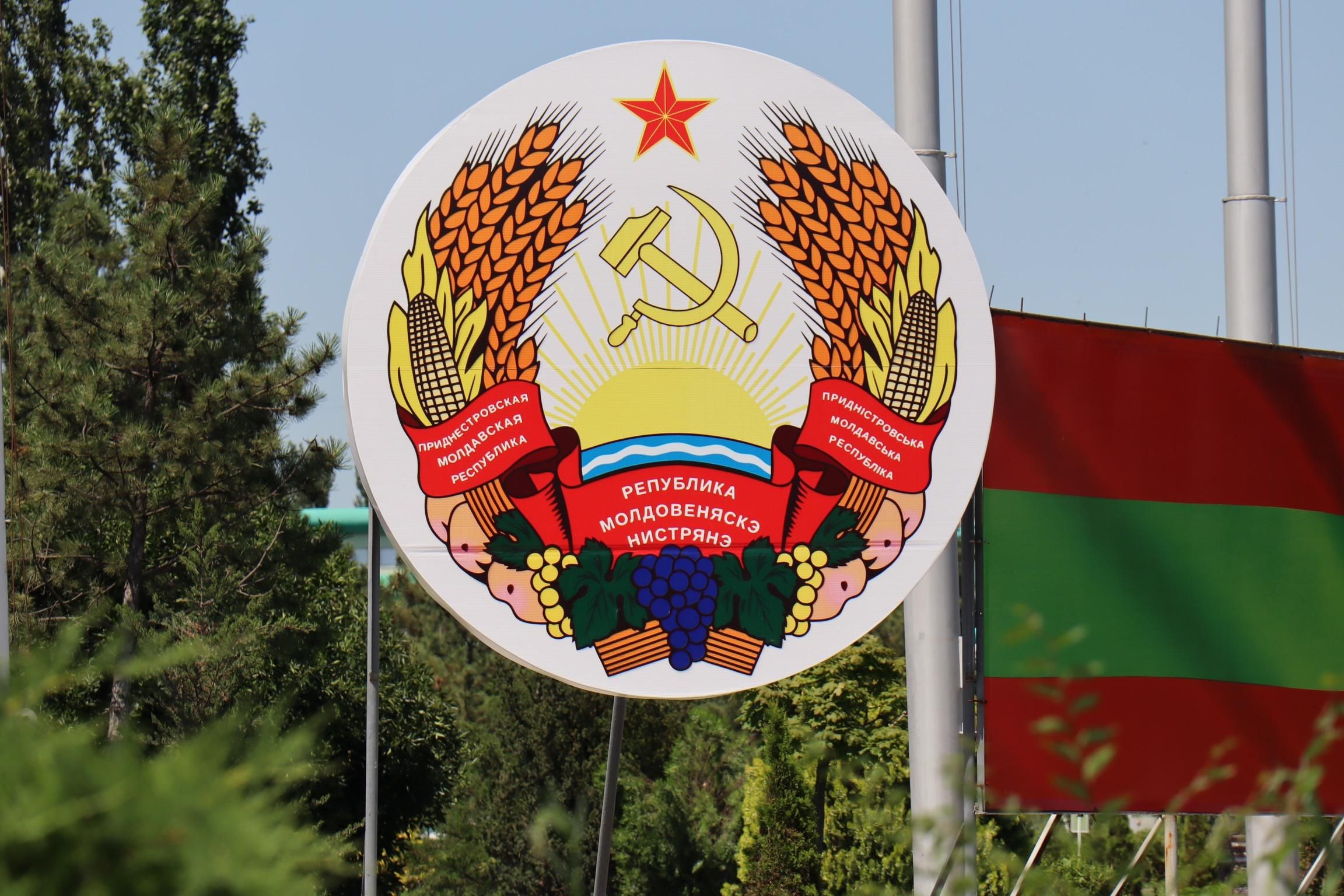As the war in Ukraine rages on, there’s a certain Russian-backed separatist enclave that may soon be in the headlines, and it’s not the Donbas.
It’s called Transnistria, a heavily armed, Rhode Island-sized sliver of Moldova, the country bordering Ukraine in the southwest. The back story, briefly, is that when the Soviet Union was wobbling in 1990, the Soviet Republic of Moldova — mostly Romanian-speaking — sought independence from Moscow. But its Russian-dominated subregion of Transnistria wanted to stay with the USSR. After the final Soviet collapse, a brief civil war resulted in Transnistria becoming de facto independent from Moldova. (“Transnistria” is just what the Moldovans call it because it’s “across” the Dniester river from the rest of Moldova. Locals call it Pridnestrovye, a Russian word meaning “along the Dniester.”)
The place is run by a shady company called “Sheriff,” which thrives on contraband and weapons smuggling, gets free gas from Russia, and has a surprisingly good soccer team. It coexists with Moldova and even benefits from EU trade agreements. But roughly a thousand Russian troops are there, along with about 200,000 Russian passport-holders, which brings us back to the Ukraine war.
If Russian forces are able to take the southwest Ukrainian port of Odessa — and they will soon try — they would be just 45 miles from Transnistria. Then, if the Kremlin decided to try to link up fully with Transnistria, it would mean two things: first, that Ukraine would become a landlocked country, all but entirely cut off from the Black Sea; and second, that Putin’s war would officially spread into Moldova, an EU candidate closely tied to Romania, itself a NATO member.More For You
Are we still talking. #PUPPETREGIME
Most Popular
Think you know what's going on around the world? Here's your chance to prove it.
As expected, the Supreme Court struck down the bulk of Donald Trump's sweeping “Liberation Day” tariffs as illegal … and almost nothing changed.
